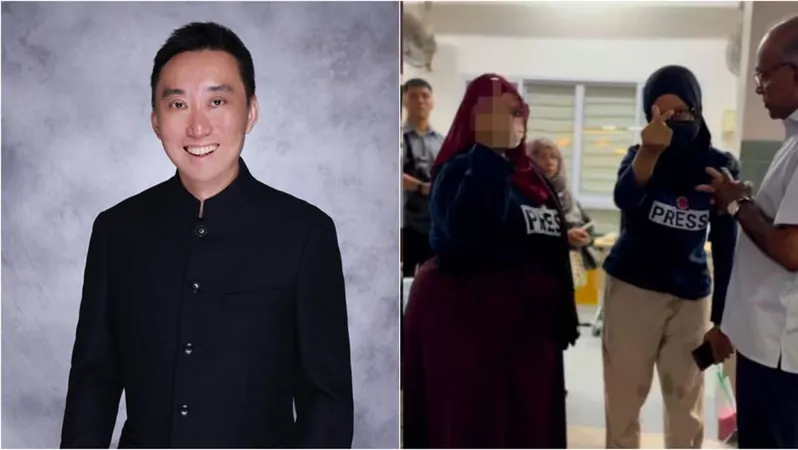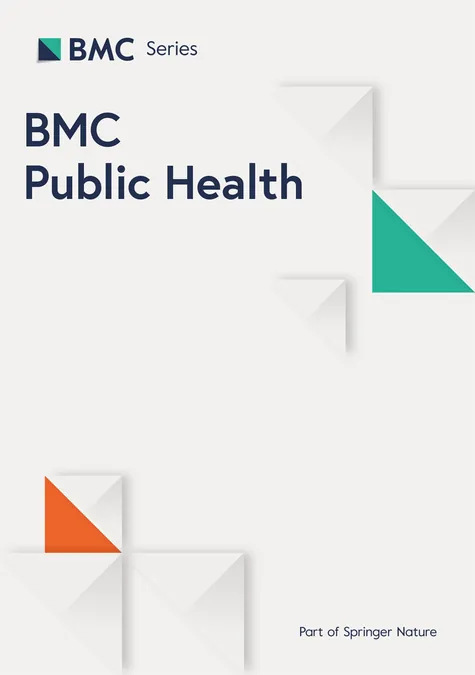
Former NMP Calvin Cheng Sparks Controversy with Remarks on Pro-Palestine Activists
2025-04-07
Author: Ming
In a heated exchange on social media, former nominated member of parliament Calvin Cheng has found himself embroiled in controversy following comments he made regarding a pro-Palestinian group based in Singapore. The Singapore Islamic Scholars and Religious Teachers Association (Pergas) has voiced its concerns, labeling Cheng's remarks as deeply troubling and inflammatory toward the Muslim community.
In a Facebook post dated March 13, Cheng criticized a local activist organization known as the "Monday of Palestine Solidarity," which had been accused of disrupting community Meet-the-People Sessions. Cheng provocatively suggested that he would sponsor the group's relocation to Gaza, stating, "But only if they never come back... I am offering business class to the leaders. And to their 928 followers, can buy them some walking shoes each. Take a slow hike."
Pergas responded strongly, emphasizing that Cheng's comments risked undermining the social cohesion that Singapore has worked hard to achieve. They expressed disappointment over Cheng's choice to ridicule activists, many of whom are advocating for the humanitarian plight faced by Palestinians amid ongoing global conflicts. "These remarks can be interpreted as dehumanizing and grossly insensitive," the association stated, urging authorities to take action against individuals who spread hate and discord.
In a rebuttal, Cheng defended his comments, asserting that they were not aimed at any particular race or religion. "I believe in the justness of helping Palestinians suffering in the current conflict and support humanitarian efforts," he explained, adding that his remarks targeted a specific group of disruptive activists, including a non-Muslim individual.
The controversy has drawn further attention, with notable figures including Minister-in-charge of Muslim Affairs Masagos Zulkifli and Home Affairs and Law Minister K Shanmugam publicly disagreeing with Cheng's views on the Israel-Palestine conflict. Masagos emphasized the importance of solidarity among Singaporeans of various backgrounds and condemned the killing of innocent lives, while Shanmugam reinforced his previous statements that Israel's actions are illegal and oppressive.
As tensions rise, Cheng has announced he is pursuing legal action against individuals who he claims have defamed him, thus escalating an already volatile situation. This incident serves as a reminder of the complexities surrounding social activism, communal harmony, and public discourse on sensitive international issues, particularly in a multicultural society like Singapore.
As the conversation continues, many are left asking: What responsibilities do public figures have in shaping discussions on contentious global matters? Only time will tell how this debacle will affect Singapore's delicate social fabric.



 Brasil (PT)
Brasil (PT)
 Canada (EN)
Canada (EN)
 Chile (ES)
Chile (ES)
 Česko (CS)
Česko (CS)
 대한민국 (KO)
대한민국 (KO)
 España (ES)
España (ES)
 France (FR)
France (FR)
 Hong Kong (EN)
Hong Kong (EN)
 Italia (IT)
Italia (IT)
 日本 (JA)
日本 (JA)
 Magyarország (HU)
Magyarország (HU)
 Norge (NO)
Norge (NO)
 Polska (PL)
Polska (PL)
 Schweiz (DE)
Schweiz (DE)
 Singapore (EN)
Singapore (EN)
 Sverige (SV)
Sverige (SV)
 Suomi (FI)
Suomi (FI)
 Türkiye (TR)
Türkiye (TR)
 الإمارات العربية المتحدة (AR)
الإمارات العربية المتحدة (AR)